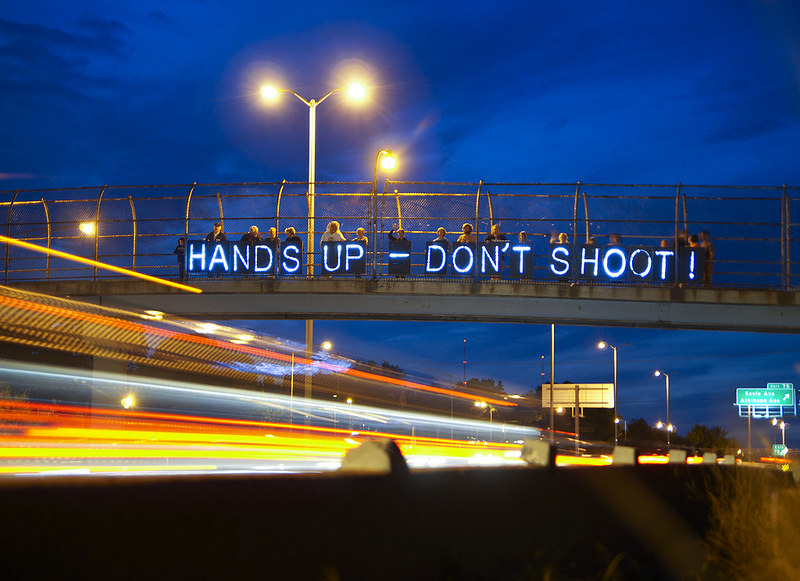Last Thursday, the San Francisco Chronicle wrote an article on Colin Kaepernick’s decision to end his protest. The article mentions rumors were instantly speculating Kaepernick’s decision was based on his choice to test the free agency market this offseason.

(Daniel Gluskoter/AP Images for Panini)
As an athlete, Kaepernick’s actions on the field are all that matter, they’re what pays the bills. As a public figure, his stance on social issues shows where his values and beliefs lay. However, as a brand, both of the athlete and public figure side must co-exist in harmony or one will cause damage to the other.
Taking a stand against police brutality and oppression was a huge success for Kaepernick and his cause. He gained media attention, appeared in Time magazine, gave hope to thousands of individuals and provided financial assistance with a $1 Million donation, which was matched by the 49ers.
But he can’t just walk away from the issue now. Thousands of people stood by his side while the rest of the sports and political world turned on Kaepernick. To walk away from publicly supporting police brutality and oppression now would be an injustice to those that followed in his protest.
Rather than walk away, now is the time to continue pushing forward. Instead of ending his protest in a public statement, Kaepernick could have explained his situation and provided an alternative form of support. With his financial resources, agreeing to donate a portion of his salary after each game to help end police brutality would earn him positive coverage. Kaepernick could also agree to become a spokesperson for organizations fighting police brutality and oppression or start an organization of his own. The possibilities to do good are endless, but walking away from the issue isn’t the answer.
Former NFL running back Jim Brown is a perfect example. During his time in the NFL Brown created the Black Economic Union as a resource to help establish black-owned businesses. The Black Economic Union eventually went under, forcing Brown to find other methods to support his cause. Then, in 1988, Brown founded the Amer-I-Can Program which served to educate high-risk youths in diverse communit ies.
ies.
NFL wide receiver, Brandon Marshall, is another solid example of an athlete that has
learned how to mix his athletic career with social work. Diagnosed with Borderline Personality Disorder (BPD) in 2011, Marshall has been open about his efforts to spread
mental health awareness. Last year, Marshall spoke about going through life with BPD in a PSA video over youtube. Part of his work also included founding the Project 375 nonprofit and in 2013, he matched the NFL’s fine for wearing green cleats in honor of Mental Health Awareness Week with a donation to charity
If Kaepernick thinks he can walk away from his previous stance in order to find another team he’s in for a rude awakening. No team wants an athlete that says one thing one day and completely changes it the moment he needs something. There’s a certain level of trust needed to pay a player millions of dollars a year and Kaepernick will fall below that level if he doesn’t continue his fight against police brutality and oppression.
Football fans will also notice Kaepernick’s inability to stick with an issue and may stop supporting the quarterback. And once the fans are gone the sponsorship deals will soon follow. Athletes are only valuable to sponsors when they can gain the sponsor media exposure, but without any fans, no one will pay attention to him. Even with a fair amount of fans, organizations will find it hard to trust their sponsorship dollars in his hands.
So, my advice to Kaepernick, don’t walk away. Instead find another way to protest, stick to it and communicate with fans once you have to prove you are a man of your word. No one likes an indecisive athlete.
